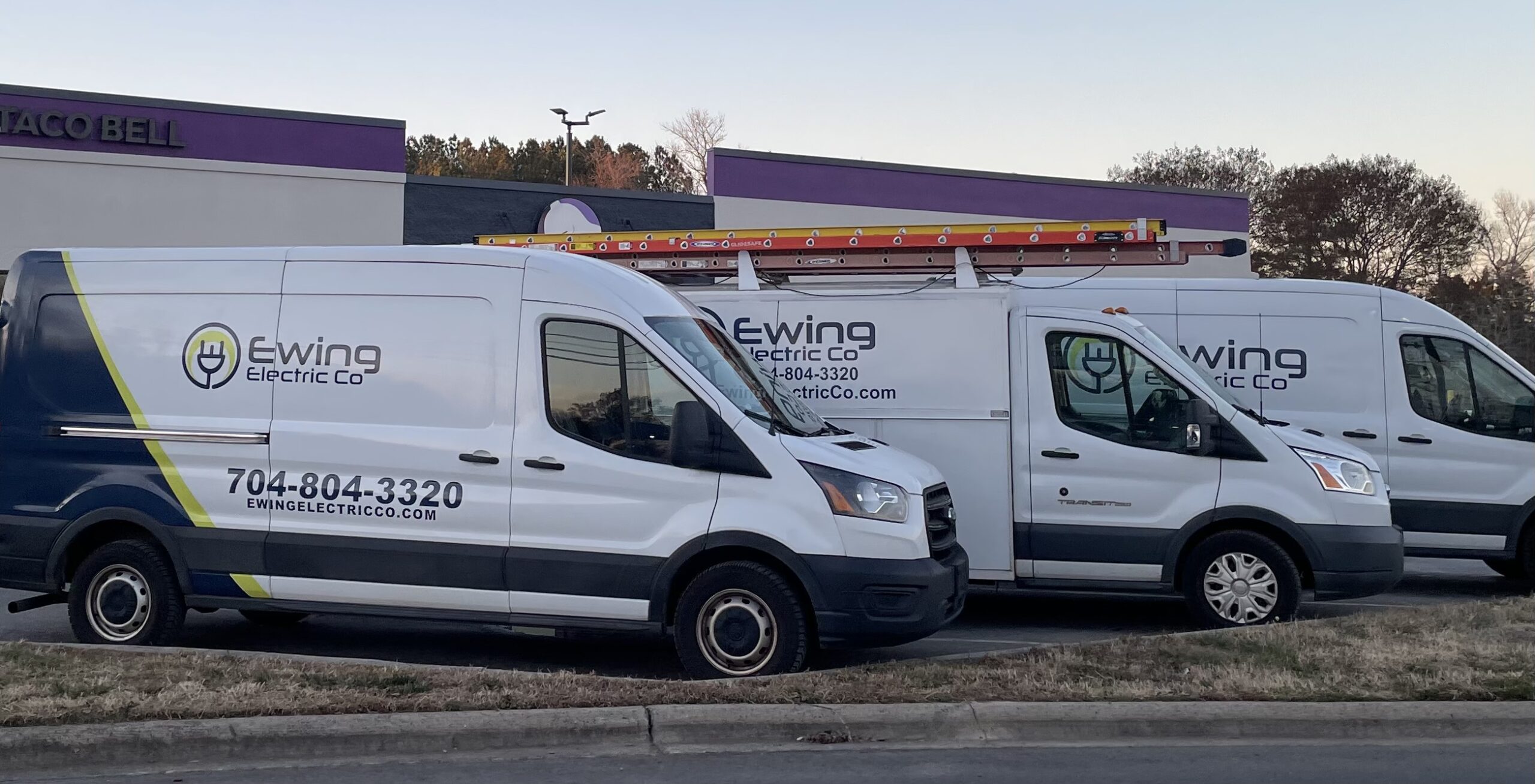
Spotting Faulty Wiring in Older Homes: A Guide by Charlotte's Residential Electricians

Introduction
When it comes to home safety, one of the most critical 200-amp electrical service panel installation aspects that often goes unnoticed is the electrical system. Especially in older homes, wiring issues can lead to serious hazards like fires or electrocution. This guide aims to shed light on spotting faulty wiring in older homes while emphasizing the expertise of Ewing Electric Co in Charlotte, NC. If you're looking for reliable electricians in Charlotte, NC, this article will equip you with the knowledge you need to identify potential problems and understand when it's time to call a residential electrician.
Spotting Faulty Wiring in Older Homes: A Guide by Charlotte's Residential Electricians
Older homes have their charm and history, but they also come with their share of challenges—one of which is outdated electrical systems. As technology has evolved, so have the standards for safe wiring practices. If you're living in a home built several decades ago or more, it’s essential to recognize signs of faulty wiring.
Why Is Electrical Safety Important?
Electrical safety is paramount because faulty wiring can lead to dangerous situations. According to the National Fire Protection Association (NFPA), electrical failures are among the leading causes of home structure fires. This makes understanding your home's electrical system crucial not just for comfort but also for safety.
Common Signs of Faulty Wiring
Identifying faulty wiring isn't always straightforward. Here are some common signs that you should look out for:
Understanding Electrical Systems in Older Homes
Older homes often contain outdated materials and techniques that don’t meet current safety standards. For instance, many houses built before 1960 used aluminum wiring instead of copper, which poses a higher risk for malfunction due to its tendency to oxidize over time.
Types of Wiring Commonly Found
- Knob-and-Tube Wiring: An early form of electrical wiring that's now considered outdated and unsafe.
- Aluminum Wiring: Used widely until the 1970s; prone to overheating and fire hazards without proper connections.
- Romex Cable: Modern standard for residential wiring; typically safer when installed correctly.
The Role of Local Residential Electricians Near Me
If you suspect faulty wiring in your older home, consulting local residential electricians near me—like Ewing Electric Co—can save you from potential hazards down the line. They have the experience necessary for safe inspections and repairs tailored specifically for older structures.
How to Safely Inspect Your Home's Wiring?
1. Gather Necessary Tools
Before conducting any inspection, ensure you have:
- A flashlight
- A multimeter
- Screwdrivers
- Safety gloves
2. Check Main Electrical Panel
Inspect your main electrical panel for rust or corrosion; these are signs that moisture has infiltrated the box.
Electrical troubleshooting and repair services3. Inspect Outlets and Switches
Look for discoloration around outlets and switches—the presence of scorch marks could indicate loose connections or damaged wires inside.
4. Look In Attics and Basements
These areas often contain exposed wiring; check those locations carefully as they may reveal hidden problems.
5. Consult Professionals When Needed
If anything seems amiss during your inspection—or if you're uncomfortable performing an inspection yourself—don't hesitate to call on residential electrical contractors like Ewing Electric Co in Charlotte, NC.
Understanding Electrical Codes and Regulations
1. Historical Context of Electrical Codes
Every state has specific codes regarding residential electrical installations designed primarily for safety reasons.
2. Importance of Compliance
Staying compliant with these codes not only keeps your family safe but also increases property value should you decide to sell Comprehensive wired electrical systems your home down the line.
FAQs
Q1: What should I do if I notice sparks coming from an outlet?
A: Immediately unplug any devices connected to that outlet and call a professional electrician such Electrical service providers close by as Ewing Electric Co in Charlotte, NC.
Q2: How often should I get my home's electrical system inspected?
A: It's advisable to have an inspection every 5 years or after major renovations.
Q3: Can I fix faulty wiring myself?
A: While minor repairs can sometimes be done DIY-style, complex issues should always be handled by licensed electricians in Charlotte for safety reasons.
Q4: What are some common causes of electrical fires?
A: Overloaded circuits, frayed wires, and old appliances are common culprits behind electrical fires.
Q5: How do I find a reliable electrician near me?
A: Look online for reviews or ask friends/family for recommendations; Ewing Electric Co has excellent ratings in Charlotte!
Q6: Is aluminum wiring dangerous?
A: Yes! Aluminum wiring can pose significant risks if not properly maintained; consult with experienced residential electricians if found in your home.
Conclusion
Spotting faulty wiring in older homes is not just about understanding technical details; it's about ensuring your family's safety and comfort within their living space. With insights from seasoned professionals like those at Ewing Electric Co in Charlotte, NC, homeowners can navigate these challenges effectively while maintaining peace of mind regarding their home's electrical safety. Whether it's through routine inspections or addressing immediate concerns about malfunctioning systems, prioritizing electric safety is an investment worth making today!
In summary, make it a point to regularly inspect your home's electrical systems and consult local experts whenever necessary—your home deserves nothing less than complete care!
